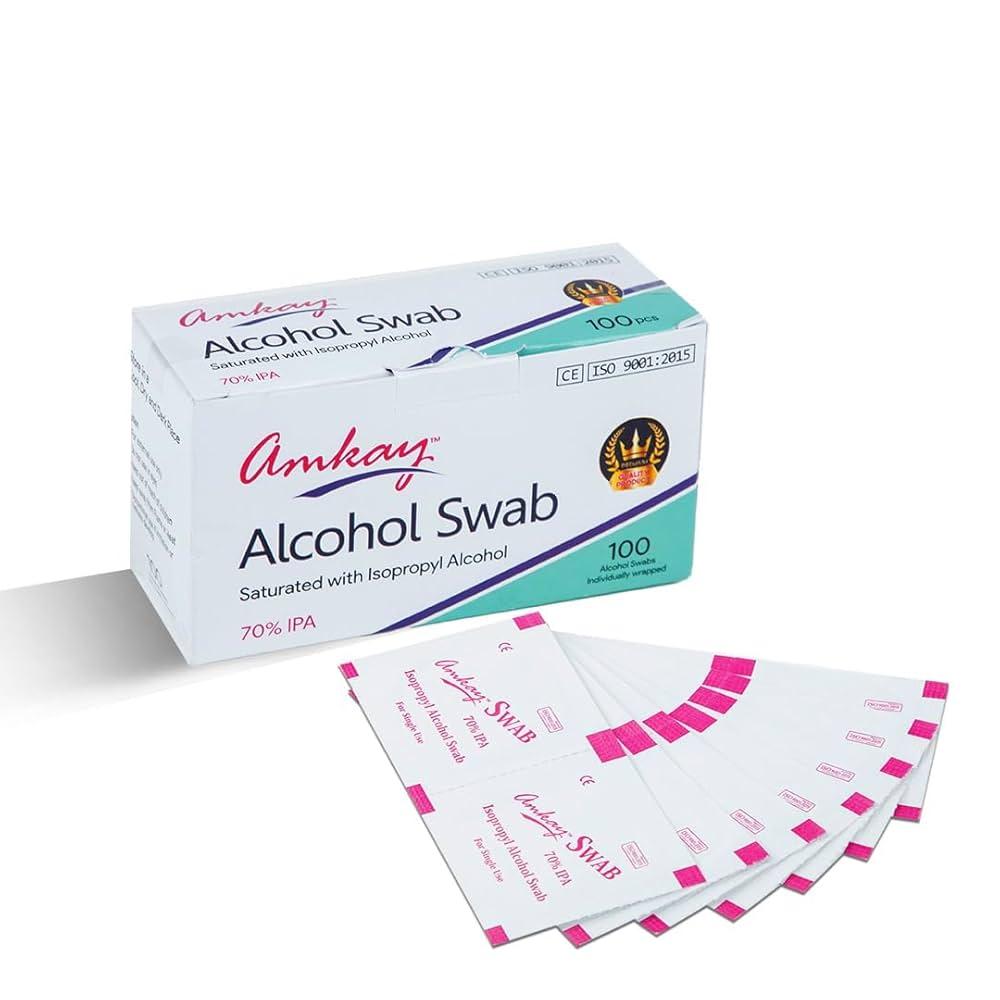Explore the importance of nebulizer masks in respiratory therapy and how they enhance medication delivery for various conditions.
Nebulizer masks are essential medical devices that deliver aerosolized medication directly to the lungs, making them invaluable for patients with respiratory conditions like asthma, COPD, and cystic fibrosis. These masks work in conjunction with nebulizers—machines that convert liquid medication into a fine mist, which can then be inhaled. Understanding how nebulizer masks function and their role in treatment can significantly enhance patient care and comfort.
What Are Nebulizer Masks?
A nebulizer mask is a flexible, plastic device that fits over the nose and mouth, allowing patients to breathe in medication effectively. When connected to a nebulizer, the mask delivers Nebulizer Masks a steady flow of medicine as the patient inhales. This method is particularly beneficial for those who may find inhalers challenging, such as young children or individuals with severe respiratory distress.
Importance of Nebulizer Masks in Treatment
The primary function of nebulizer masks is to ensure the efficient delivery of medication. According to the American Lung Association, nebulized medications can be more effective for patients who have difficulty coordinating their breathing with inhalers. By using a nebulizer mask, patients can receive their medication continuously over several minutes, ensuring deeper lung penetration.
Benefits of Using Nebulizer Masks
1. Ease of Use: Nebulizer masks are often easier for patients to use compared to inhalers. They don’t require the coordination of inhaling at the right moment, making them suitable for children and elderly patients.
2. Comfort: Most masks are designed to fit comfortably over the face, allowing patients to relax while receiving treatment. This is crucial for those with anxiety related to respiratory issues.
3. Versatility: Nebulizer masks can deliver various medications, including bronchodilators and corticosteroids, which are vital for managing chronic respiratory conditions.
4. Effective Delivery: Research shows that nebulizers can provide higher doses of medication directly to the lungs, which can be beneficial in acute situations, such as asthma attacks.
Choosing the Right Nebulizer Mask
When selecting a nebulizer mask, several factors should be considered, including size, fit, and material. Masks are available in different sizes to accommodate both adults and children. A properly fitted mask ensures that the medication is delivered efficiently and minimizes wastage. It’s also essential to choose a mask made from non-toxic materials to avoid any adverse reactions.
Maintenance and Care
Proper maintenance of nebulizer masks is crucial for hygiene and effectiveness. Here are some tips for care:
- Regular Cleaning: Rinse the mask with warm water after each use and allow it to air dry. A more thorough cleaning with warm, soapy water is recommended once a day.
- Replacement: Masks should be replaced regularly—typically every 3 to 6 months—to ensure they remain effective and hygienic.
- Storage: Store the mask in a clean, dry place, away from direct sunlight and contaminants.
Conclusion
Nebulizer masks play a critical role in respiratory therapy, making them essential tools in the management of various lung conditions. Their design and functionality provide comfort and efficiency, allowing patients to receive medication more effectively. As these devices continue to evolve, ongoing education about their use and care is vital for patients and caregivers alike. For more in-depth information about 1Nebulizer Masks</a>, consult healthcare professionals or reliable medical resources.
By understanding the functionality and importance of nebulizer masks, patients can take proactive steps in managing their respiratory health. Investing in the right equipment and adhering to maintenance routines will ensure optimal treatment outcomes, ultimately leading to improved quality of life for individuals with chronic respiratory conditions.
Understanding Nebulizer Masks for Effective Respiratory Care
